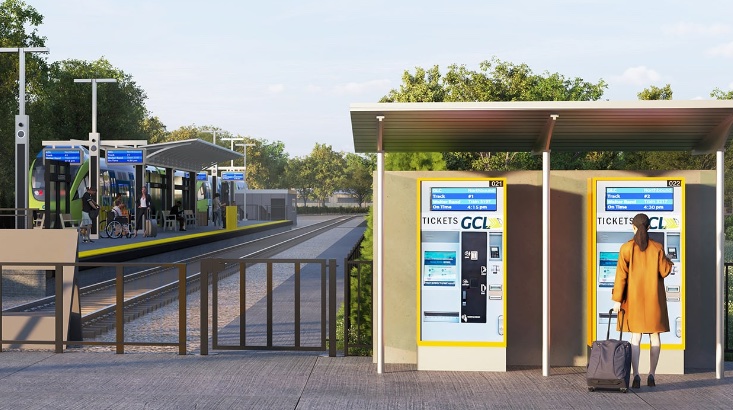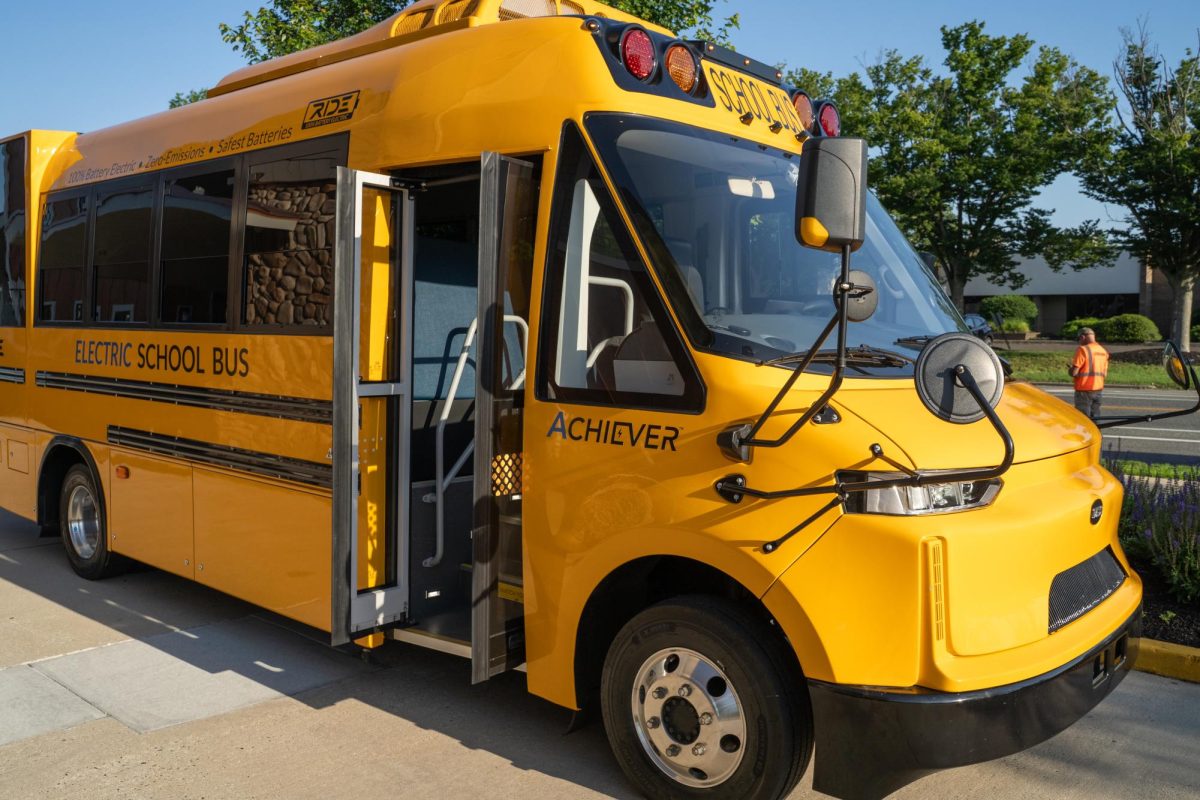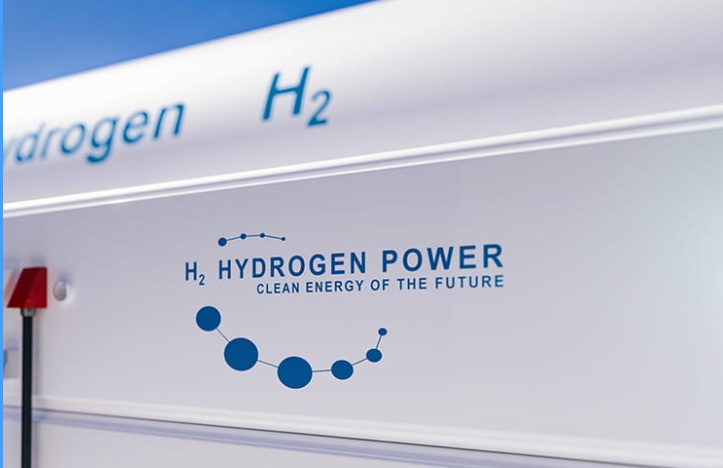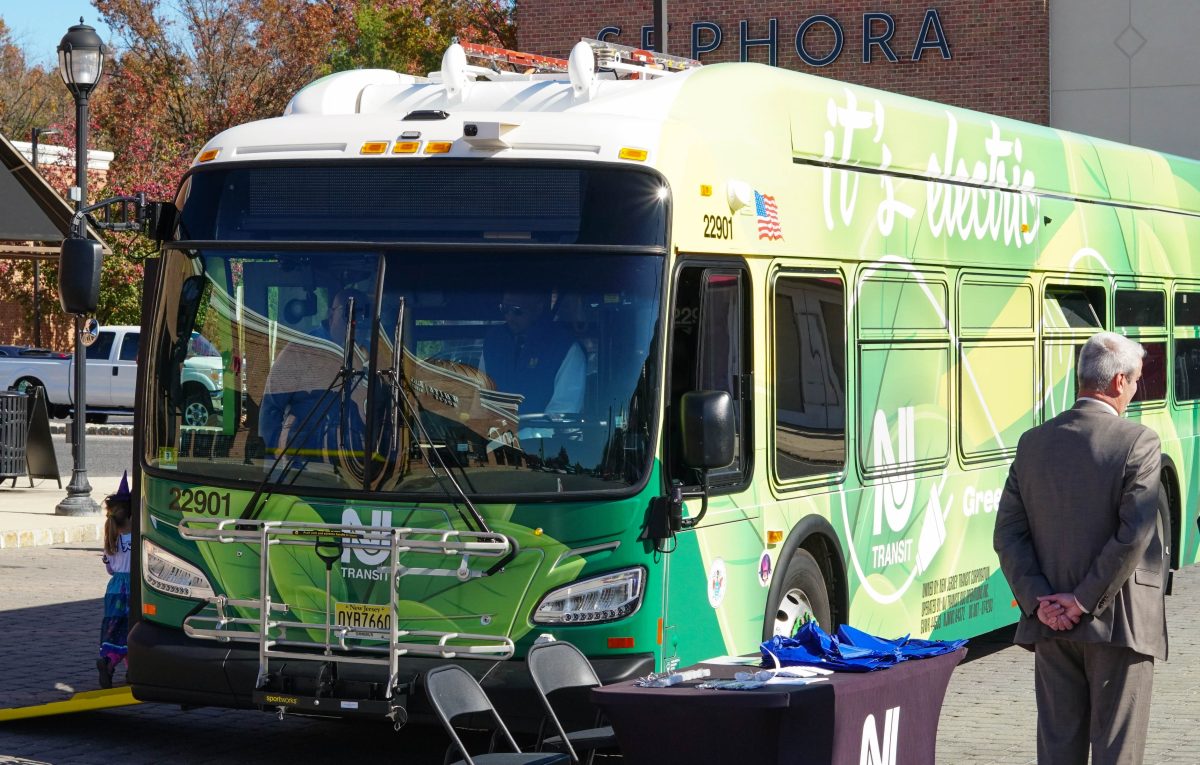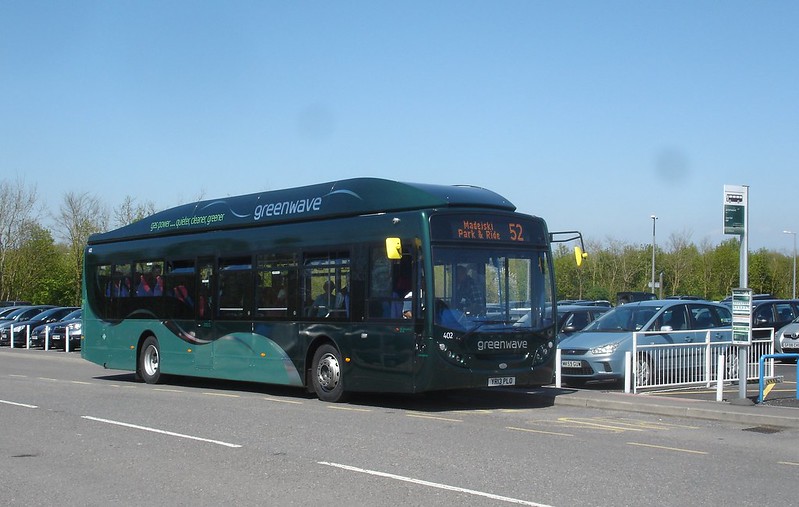In 1996, New Jersey Transit proposed a passenger train that would run from Glassboro to Camden.
It promised to help reduce transit emissions and provide an accessible mode of public transportation for South Jersey residents. But many local residents immediately opposed it, fearing it could change their towns and bring in crime and unwanted development.
Today, nearly three decades later the project is still in the planning stages, slowed by delays, protests, politics and cost increases.
Many wonder when the project will finally be completed – or if it will ever be built at all.
Here is an update on the status of the project:
What is the Glassboro Camden Line?
The Glassboro Camden Line (GCL) is a proposed passenger rail line that will run an 18-mile stretch between Glassboro and Camden with 14 stops along the way. According to the GCL website the project will “offer reliable, affordable, and accessible public transportation service to growing communities in Camden and Gloucester counties.”
The GCL will use light rail trains along a combination of some new tracks, but mostly existing tracks called the Vineland Secondary Right of Way which is currently managed and operated by Conrail as a freight right-of-way. The rail line has not been used for passenger trains since the early 1970’s.
When is it supposed to be completed?
The GCL website states that passenger rail service is estimated to begin in 2028. However, there have been delays in the past. Governor Jon Corzine once put the opening at 2019.
Officials say that a 2028 completion date is still possible, but will be challenging.
“It’s still an achievable goal,” said Delaware River Port Authority CEO, John Hanson. “But, there’s a lot of work to be done between now and 2028 and things could change.”
Practically, the project needs the coordination between political leaders and multiple parties involved with the current railway and the GCL project.
“There’s a lot of work to do to make that all happen, to coordinate with Conrail, utilities, local municipalities, the state government,” said Delaware River Port Authority Chief Engineer Mike Venuto.
How far along is the project?
Currently the GCL is in phase four of a six phase timeline, which is the preliminary engineering design phase. The last completed phase was the environmental impact statement (EIS) which was released in 2021. The next phase of construction is planned for 2025.
According to Delaware River Port Authority Chief Engineer Mike Venuto, the preliminary engineering design phase is mostly a venture spearheaded by STV inc mostly handling project management and AECOM working on the preliminary engineering.
Together, their goal is to complete about 30% of the plans and specifications for the infrastructure they need to build and add to existing railways. Once the 30% design is complete, the DRPA can put out a request for proposal (RFP), which will allow businesses and organizations to begin bidding for a design-build-operate-maintain (DBOM) contract.
The RFP process is complex and can take months. Once it is released, groups of contractors and designers will often form partnerships or “teams” as Venuto put it to bid together.
Hanson said often the collaborating firms will create special purpose entities, “like a partnership between the firms that is an actual business,” that will then bid on the contract. So while they have no way of anticipating who will be bidding, Hanson said it’s likely to be a very new organization.
Even once bidding begins there is still a long way to go.
“We could probably see some action in the field the latter part of 2025,” said Venuto. “It all has to happen live, it has to happen concurrently. And we’re working towards that but there are some risks associated with all those things not aligning.”
Who supports and who opposes the GCL?
The GCL has support from some elected officials, environmental groups, transit advocates and institutions that stand to benefit, like Rowan University, which has campuses at both ends of the line.
But the GCL also faces a great deal of opposition from residents and local elected officials of towns the GCL will pass through.
Advocacy groups both for and against the GCL have gained traction and amassed large followings on social media platforms. The two main advocacy groups are ‘Yes to GCL’ and ‘No to GCL’. Social media may be an indication of the organization for and against the plan: Yes to GCL has about 1,100 followers on Facebook; No to GCL more than doubles that number with about 2,800 thousand followers.
Local towns are also now formally stating their opposition to the GCL.
In December 2023 Mantua Township Committee approved a resolution opposing the GCL following placement of a non-binding question on the ballot this past election day, November 7, 2023. The result of the public vote was 69% of the voters against the GCL.
Woodbury Heights also placed questions about the GCL on the ballot and saw similar results. The first question asked whether or not the voter was in support of the construction of the GCL and 71% of voters said no. The second question asked whether voters would like the GCL to stop in Woodbury Heights, 73% of respondents answered no.
Pitman held a vote amongst council members and Mayor Michael Razze and passed a resolution stating its opposition to the GCL in 2022.
Residents’ main concerns include noise pollution, safety and crime, and high costs.
“Could the GCL be the next drug express to travel through our towns?” a member of ‘Say No to GCL’ on Facebook. “We don’t want it and we don’t want to pay the taxes of billions of dollars to bring anymore additional crime!!”
Hanson said that the Port Authority and others involved with the project are listening to and trying to address the community’s concerns.
“We have heard from them and we continue to hear from them,” said Hanson. “We’re taking everything that they say to heart, very seriously, to try and make this project not just have as little impact on them as possible , but to be as favorable as possible. We believe that in the end, this project is going to be a benefit to the community for a number of reasons.”
How much will this cost? Who will pay for it?
According to the GCL website, the full project is estimated to cost between $1.6 and $1.8 billion. But the longer the project is delayed, the higher the cost estimates grow.
Over the years, each governor has had their own transportation priorities and support for the GCL project has shifted with each new administration.
Delaware River Port Authority officials say that none of the cost will fall on the shoulders of local residents along the line.
“There will not be any significant costs that the communities are going to bear,” said Hanson. “We’re going to bear all or at least most of the costs that are associated with the project.”
However, opponents often raise concerns that local taxes may increase as a result of the rail line.

